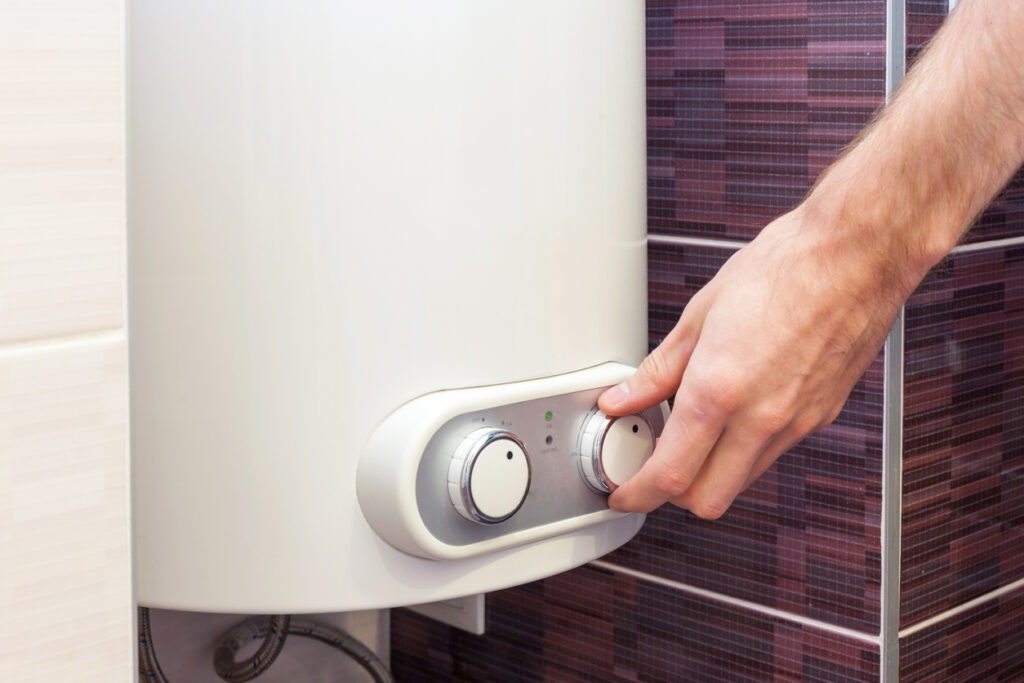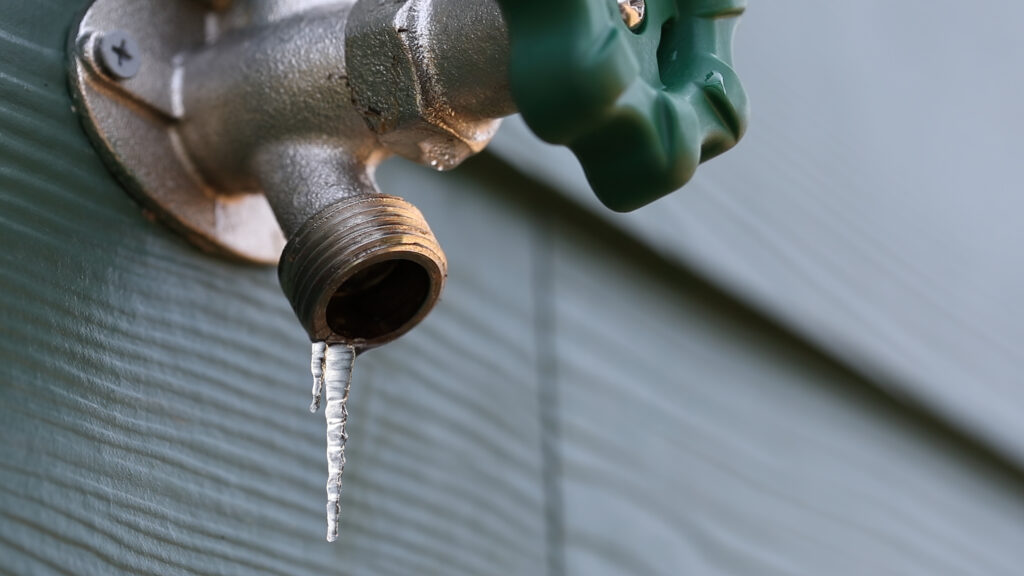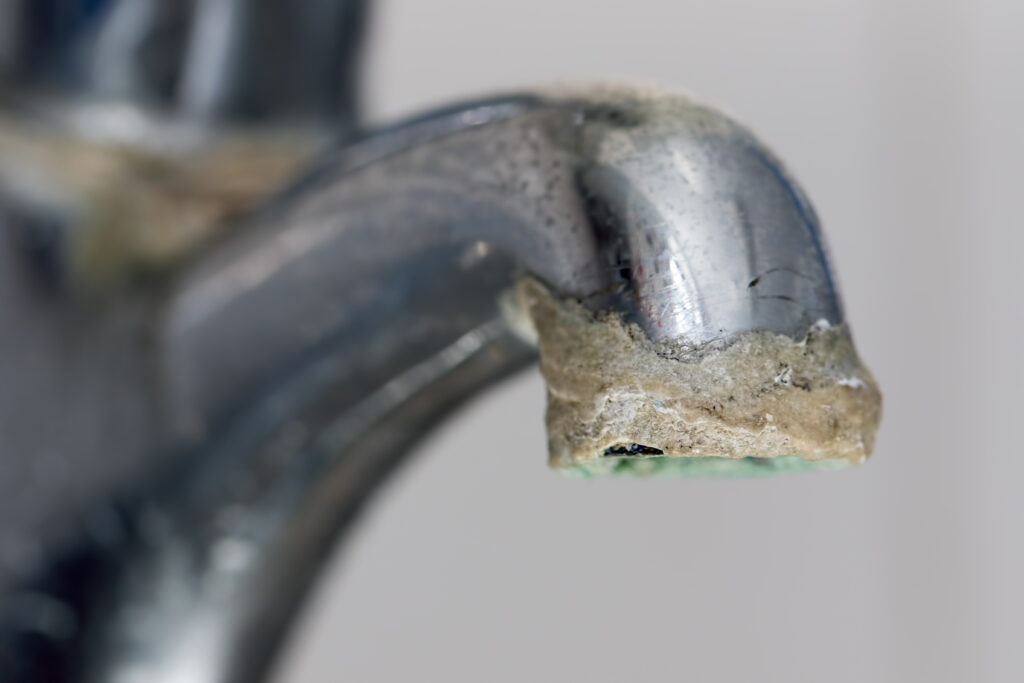When Should You Replace Your Water Heater? Signs It’s Time
Water heaters are an important part of your morning shower, dishwashing sessions, and laundry loads. Over the years, sediment builds up, components wear down, and efficiency drops. One day you may face lukewarm water or a puddle at the base of the tank. At Leak Geeks Plumbing in Keller, TX, we help homeowners recognize the warning signs of a failing water heater.
Need Help?
817-431-8929Age and Average Lifespan
Conventional tank water heaters tend to last 10 to 15 years before failing from corrosion or component breakdown. Inside your unit, the anode rod sacrifices itself to protect your tank from damage. This rod can be replaced, but the interior of your tank may still be past its prime. Leaks and other issues can develop. Replacing a tank before it fails spares you from water damage and emergency repairs. Check the age of your water heater to confirm if you’re close to an end-of-life scenario.
Tankless models run cooler on standby since they heat on demand, which can protect them. Their interior heat exchangers often carry warranties of 20 years or more. Components like flow sensors, electronics, and smaller burners can wear out, but the absence of a bulk water volume means no corrosion inside a large tank. When a tankless unit nears the end of its warranty, you’ll see error codes, reduced flow rates, or ignition hiccups. Planning for replacement when you experience these issues keeps hot water flowing. Expect your tankless model to last approximately 15 to 20 years with routine maintenance.

Rusty or Cloudy Hot Water
A brown or orange hue to your hot water often indicates rust particles emerging from a corroded tank. Cold water may remain clear, confirming the hot water tank is the issue. Flushing the tank can temporarily clear the lines, but once the steel shell rusts through, only a new heater guarantees clean water.
Tankless units have no storage tank, so rusty water isn’t an issue internally. However, older or metal-lined inlet connections can still generate discoloration if corrosion exists upstream. Maintaining clean supply lines and replacing corroded fittings prevents any murky flow. If you see discoloration from a tankless outlet, we can inspect supply valves and pipes.
Spotting Abnormal Sounds
Your water heater should run nearly silent. If you notice loud bangs, clangs, or whistling coming from your heater, this is cause for concern. You may have a buildup of minerals or sediment in your tank or on interior components. Having your tank drained or flushed can fix the problem. However, you may have pressure building up, which can be dangerous. This may require a replacement of your water heater.
Climbing Energy Bills
Tank-based water heaters sometimes lose heat through corroded seams and thin insulation. A house with a 10-year-old unit can see energy losses of 20% or more. Your utility bill inches upward as the burner or heating element works overtime to maintain your set temperature. Upgrading to a properly insulated, ENERGY STAR–rated tank can decrease standby losses. New models feature thicker insulation, condensing gas options that recapture exhaust heat, or heat pump technology that delivers up to three times the efficiency of standard electric units.
Tankless models cut standby losses entirely by heating water on demand. This eliminates the need to maintain the temperature of gallons of water around the clock. The on-demand operation of a tankless model can save you up to 30% in annual water-heating costs. Compare your recent bills to published Uniform Energy Factor ratings to see whether swapping out your old tank for a tankless or condensing tank pays off in three to five years.
Frequent Repairs vs. Replacement Value
Repairing an aging tank often involves swapping heating elements, pressure-relief valves, and thermostats. If you are calling for service two to three times in a season, you may quickly approach half the cost of a brand-new water heater. A new model comes with a full manufacturer’s warranty on the tank and components.
Tankless repairs may include replacing flow sensors or ignition modules or expanding the heat exchanger if corrosion or cracking occurs. Replacement parts for older tankless units can be pricier since they involve electronics or specialized components. When service costs exceed 50% of a new tankless model’s price, replacement delivers better long-term value and often comes with improved efficiency or smart controls not found on older systems.
Replacing Your Water Heater
Replacing your water heater at the right moment keeps hot water flowing, slashes energy costs, and avoids sudden failures that damage your home. We also offer tankless water heater installs, recirculation pump solutions for instant hot water, and gas line upgrades to support high-efficiency models. Are you ready to swap your aging tank for a reliable new unit?
Call Leak Geeks Plumbing in Keller today to schedule your plumbing services and get a custom replacement quote.
Need Help?
817-431-8929Why Choose Leak Geeks Plumbing?
Got Leaks? Get the Geeks!
At Leak Geeks Plumbing, we guarantee prompt and reliable service for all your plumbing needs. Our team of experienced technicians is committed to providing you with the best possible service, and we stand behind our work with a satisfaction guarantee. Some of the benefits of choosing Leak Geeks Plumbing include:
- Upfront pricing with no hidden fees.
- All work is performed by trained, licensed, and insured professional plumbers.
- Uniformed, courteous, and informed plumbing service technicians.
- State-of-the-art equipment and technology.
- Guaranteed workmanship quality for all plumbing repair and installation services
- We leave no mess behind.
















